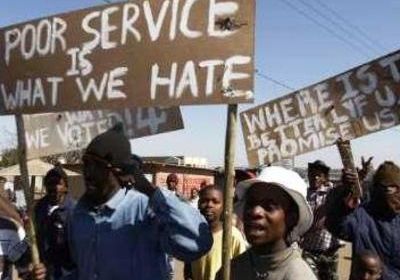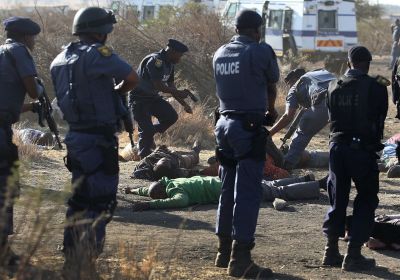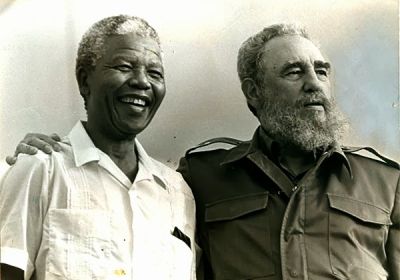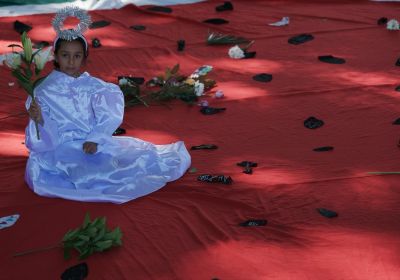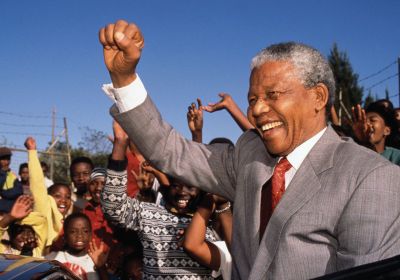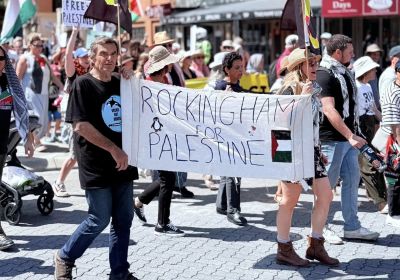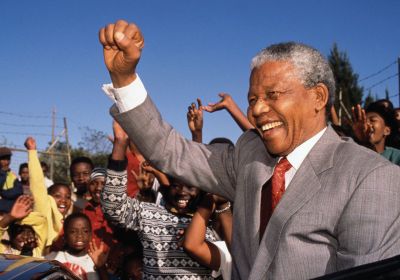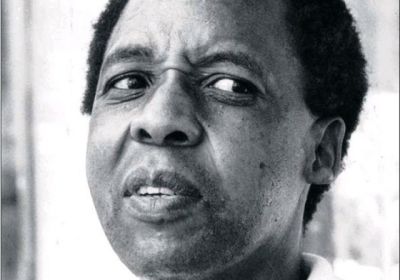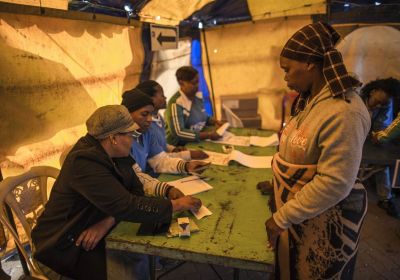
No sooner had the final results of South Africa's May 7 national elections been announced than President Jacob Zuma gave a predictably self-congratulatory speech lauding the result as “the will of all the people”.
The reality however is that the incumbent African National Congress’ (ANC) victory came from a distinct minority of “the people”. The real “winner”, as has been the case since the 2004 poll, was the stay-away “vote”.
